Spain is a country located in southwestern Europe on the Iberian Peninsula. It is known for its diverse ecological features, including a variety of landscapes, climates, and ecosystems. Here is an ecological description of Spain:
- Geography: Spain is the second-largest country in Western Europe, covering an area of approximately 505,990 square kilometers. It is characterized by a diverse topography that includes mountains, plateaus, coasts, and islands. The country is bordered by the Atlantic Ocean to the west and north, the Mediterranean Sea to the east, and various mountain ranges, including the Pyrenees to the north.
- Climate: Spain experiences a wide range of climates, from Mediterranean in the south and east to oceanic in the north and a semi-arid climate in the southeast. In the interior, a continental climate prevails, while the northern coast has a maritime climate. The Canary Islands and the Balearic Islands have subtropical and Mediterranean climates, respectively.
- Biodiversity: Spain is known for its rich biodiversity, with a variety of ecosystems and species. It is home to several national parks and protected areas, such as the Picos de Europa and Sierra de Grazalema. The country boasts a range of wildlife, including the Iberian lynx, Spanish imperial eagle, and brown bear, among others. The diverse landscapes also support a variety of plant species, including cork oaks, olive trees, and various Mediterranean shrubs.
- Forests: Spain has extensive forested areas, with diverse types of woodlands, including Mediterranean forests, pine forests, and cork oak forests. The cork oak, in particular, is a significant tree species, as it is harvested for cork production. The country’s forests are essential for biodiversity conservation and play a crucial role in carbon sequestration.
- Agriculture: Spain is a major agricultural producer in Europe. It has vast agricultural plains in regions such as Andalusia and the central plateau. Olive groves, vineyards, citrus orchards, and cereal crops are common. Intensive agriculture, however, has led to some ecological challenges, such as soil degradation and water scarcity.
- Coastline: Spain has a diverse coastline that stretches for thousands of kilometers along the Mediterranean Sea and the Atlantic Ocean. Coastal ecosystems are vital for biodiversity, and the country is known for its beautiful beaches, wetlands, and marine life.
- Water Resources: Spain faces water management challenges, with some regions experiencing water scarcity. The country has implemented various water management and conservation strategies to address these issues.
- Renewable Energy: Spain has made significant investments in renewable energy sources, including wind and solar power. These initiatives contribute to reducing the country’s carbon footprint and reliance on fossil fuels.
- Protected Areas: Spain has a network of national parks and protected areas designed to conserve its natural heritage. These areas are crucial for the preservation of biodiversity and the protection of unique ecosystems.
- Environmental Challenges: Despite its ecological diversity, Spain faces environmental challenges, such as deforestation, habitat destruction, overfishing, and desertification in some regions. Climate change and water management issues are also pressing concerns for the country.
In summary, Spain’s ecological characteristics are shaped by its diverse landscapes, climates, and ecosystems. The country is home to a wide variety of plant and animal species and is committed to preserving its natural heritage through the establishment of protected areas and sustainable environmental practices. However, like many countries, Spain faces environmental challenges that require ongoing attention and action.

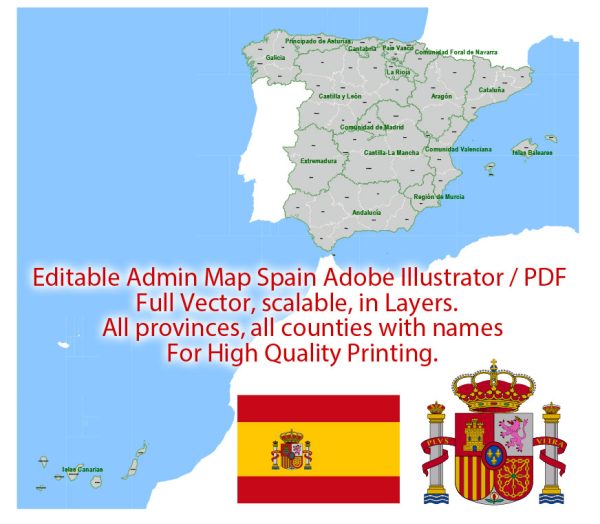
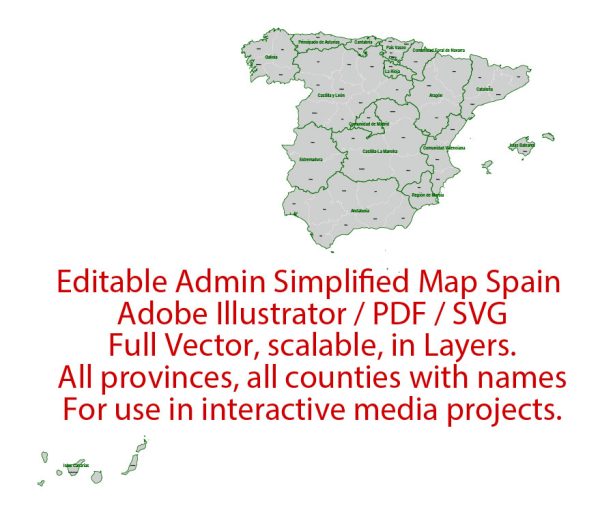
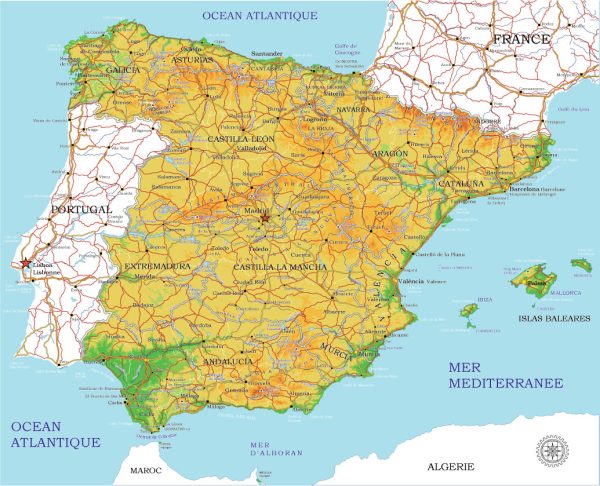
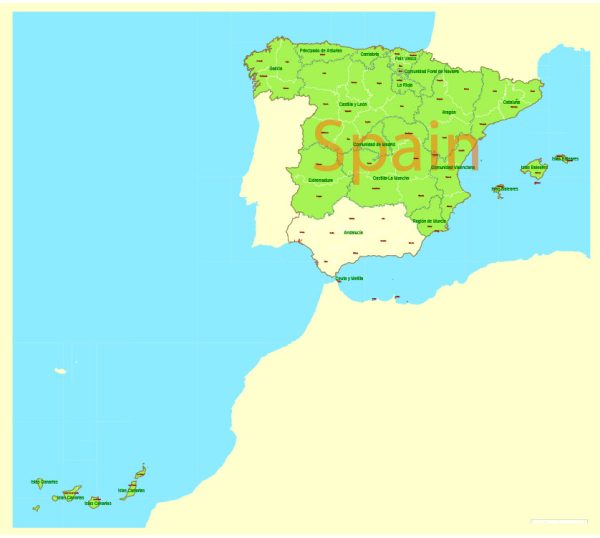
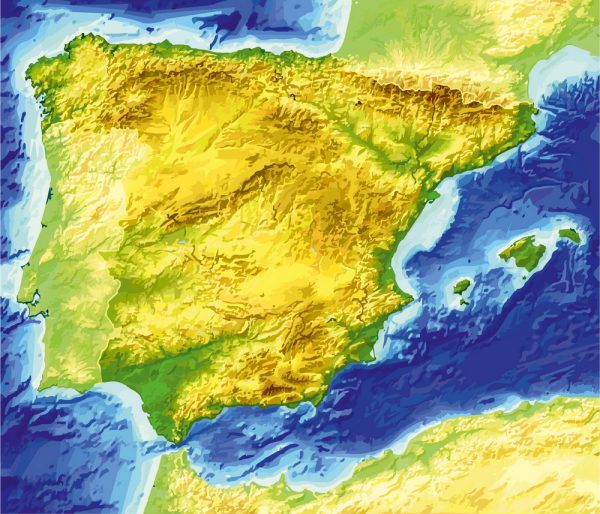
 Author: Kirill Shrayber, Ph.D. FRGS
Author: Kirill Shrayber, Ph.D. FRGS